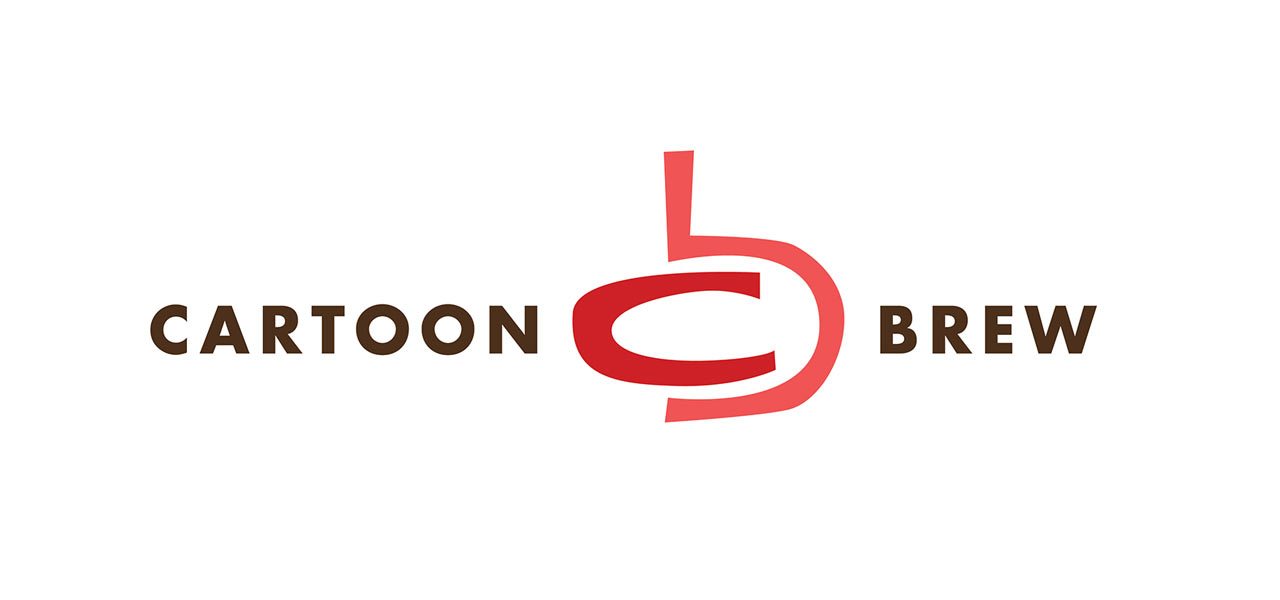

Is My Animated Short Worth a Penny?
There’s been a lot of buzz in recent months about services like YouTube that allow filmmakers to host and share videos. A BUSINESS 2.0 article reports that there are now a staggering 85 YouTube-esque websites that offer video sharing. Mark Mayerson had a post on his blog discussing why the advent of these sites is so exciting, and compares them to the days of vaudeville when anybody with talent had a chance to make a name for themselves.
Another nice summary of these sites comes from none other than former Disney chairman Michael Eisner, who has invested in a video sharing site called Veoh. He says in this NY TIMES article, “Anybody, now, can have their own network. There are no borders. No gatekeepers. No restrictions on creativity of any kind.” There’s just one problem with this entire scenario. There’s also no money to be made from any of these sites. Actually, let me rephrase that: there’s potentially plenty of money to be made by the people running the sites, like Eisner, but the individual content creators are going to be left out in the cold.
For example, the aforementiond BUSINESS 2.0 article suggests that if YouTube embeds ads into its user-created videos, the site would generate revenue of $15 million a year. Let’s say they announce a 50/50 revenue sharing deal with filmmakers (they still haven’t done this, but rumor is they’ll do something along these lines soon). That’s $7.5 million for filmmakers. And let’s make a conservative estimate that they’re hosting one million videos. That amounts to an average of $7.50 per filmmaker. Obviously some films will be more popular than others, but any way you do the math, even the successful filmmakers won’t be earning more than a few hundred dollars.
To offer a more concrete example of how the shared ad revenue model doesn’t work, look no further than this ANIMATION WORLD MAGAZINE article. The article discusses Revver.com, a video hosting site which pays filmmakers based on the number of people who click on ads attached at the end of their films. The article cites the recent live-action viral hit, “The Diet Coke and Mentos Experiment.” It says that the clip has attracted more than three million total views on Revver. From those three million views, the filmmakers have earned $20,700, or less than a penny per view.
Ironically, Revver’s founder says in the article that, “It’s proof that the model works.” I’d argue the opposite. Making a fraction of a penny every time somebody views your film is a perfect example of why the model doesn’t work, unless keeping filmmakers in perpetual poverty is part of the model’s plan, in which case, Revver should be a rousing success. AtomFilms.com, a predecessor of this current generation of video hosting/sharing sites, also operates on a similar shared ad revenue model, and every filmmaker I’ve spoken to has reported paltry earnings.
I don’t want to be all doom-and-gloom because I’m actually quite upbeat about all these developments. The fact that so many companies are jumping into the video sharing/hosting game proves that an audience exists for on-line video, and more specifically, animated films. It fascinates me to look at the page views on YouTube and see how an obscure piece of animation from decades ago can generate thousands of viewers.
The fact that a short video on Revver can draw three million viewers is pretty amazing when you think about it. Most filmmakers will likely never get such a huge audience, but even one-hundredth of that audience – 30,000 viewers – is significant. Attracting this many viewers to an independent animated short would have been impossible even a few years ago, but today, thanks to the Internet, a global audience exists for animated shorts, and filmmakers no longer need TV networks or cinemas to get their work seen. Now that the audience is in place, it’s time for filmmakers to stop giving away their films for free (or almost-free) and to start generating income from their work on-line.
Your thoughts? Email them to amid [at] animationblast [dot] com.
